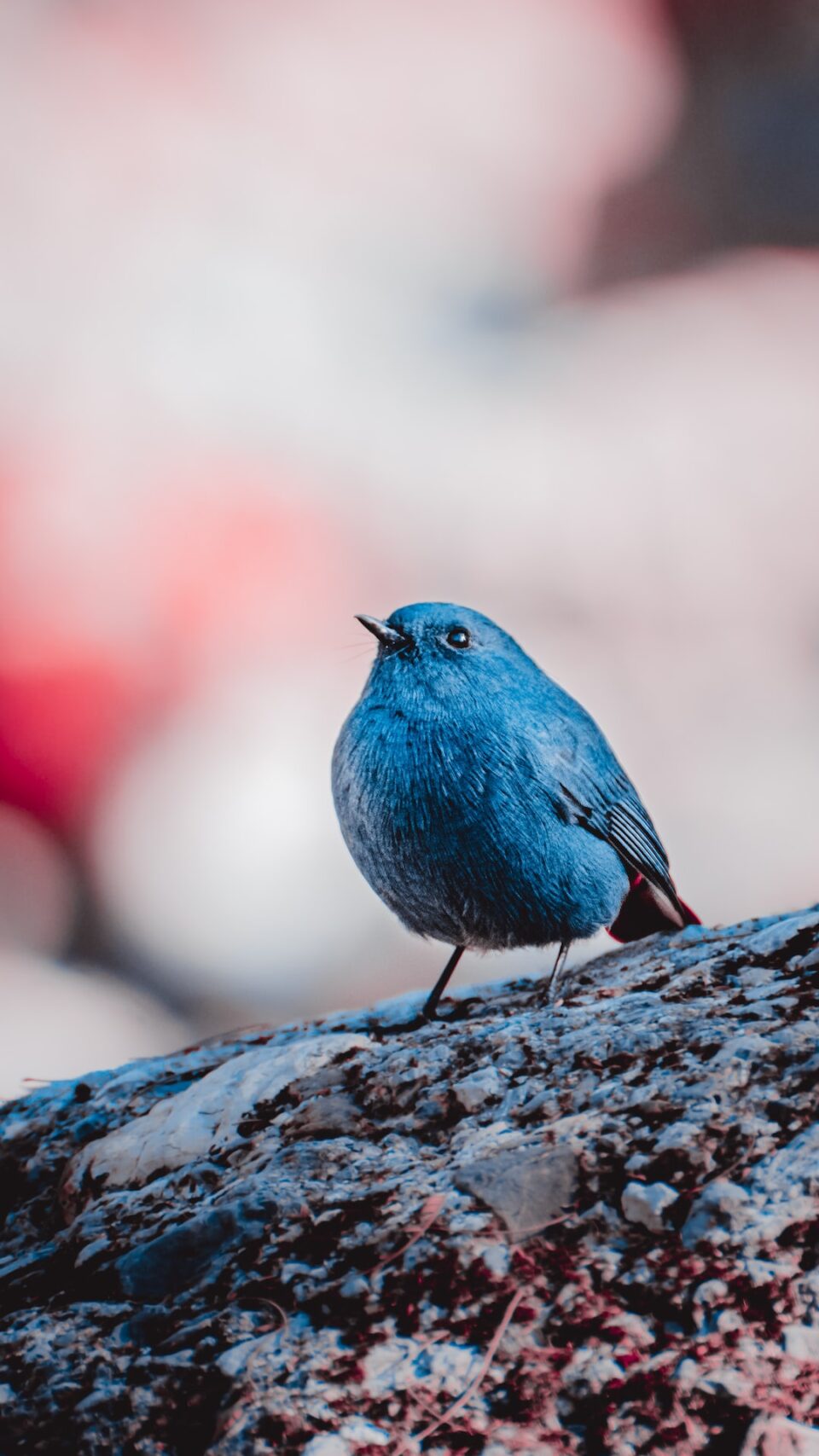Exploring the Majestic Wilderness: Wildlife Safaris and Their Conservation Efforts
Have you ever imagined yourself venturing into the heart of a vast wilderness, surrounded by majestic creatures in their natural habitats? Wildlife safaris offer an incredible opportunity to witness the beauty of Mother Nature up close, while also playing an essential role in the conservation efforts of these precious ecosystems and the wildlife that inhabit them.
The concept of wildlife safaris stems from a deep desire to explore and appreciate the wonders of our planet. These expeditions take you on a journey through extraordinary landscapes, from dense rainforests and sprawling savannahs to arid deserts and remote mountains, providing unique opportunities to observe wildlife in their element.
One of the primary goals of wildlife safaris is to educate and raise awareness about the importance of conservation. Through guided tours and expert insights, visitors gain a deeper understanding of the wildlife, their ecological significance, and the challenges they face in the wild. By witnessing the splendor of these animals in their natural settings, individuals are inspired to become advocates for their protection and contribute to conservation initiatives.
Conservation efforts are crucial to maintaining the delicate balance of ecosystems and ensuring the survival of countless species. Wildlife safaris often collaborate with local communities and conservation organizations, channeling a portion of the tourism revenue to support conservation projects, anti-poaching initiatives, habitat restoration, and education programs.
For example, across the vast plains of Africa, wildlife safaris serve as a lifeline for numerous endangered species such as the African elephant, rhinoceros, and cheetah. Profits generated from safari tourism contribute directly to anti-poaching patrols, community development, and habitat preservation. This sustainable approach not only enhances the survival prospects of these iconic creatures but also enriches the lives of local communities who become active stakeholders in protecting their natural heritage.
In addition to their conservation efforts, wildlife safaris are also known for the incredible experiences they offer. Imagine waking up to the melodic chorus of birds, the distant roars of lions, or the ethereal presence of mist rising above a tranquil river. From thrilling game drives that bring you face-to-face with Africa’s Big Five – lions, elephants, rhinoceros, leopards, and buffalos, to unforgettable encounters with rare and elusive creatures such as orangutans or jaguars, every moment spent on a wildlife safari is filled with awe and wonder.
Furthermore, wildlife safaris give you a chance to witness the intricacies of animal behavior and the interdependence of various species within their habitats. You may witness a family of elephants crossing a river, a pride of lions hunting their prey, or a leopard stealthily climbing a tree with its kill. These experiences not only create lifelong memories but also foster a deep appreciation for the interconnectedness of all life on Earth.
While wildlife safaris provide remarkable opportunities for adventure and discovery, it is imperative to approach them responsibly. Sustainable tourism practices, such as limiting the number of vehicles and visitors in sensitive areas, respecting animal behavior and habitats, and supporting ethical wildlife sanctuaries, are crucial for minimizing the impact of human presence on these delicate ecosystems.
Ultimately, wildlife safaris are both an adventure of a lifetime and an opportunity to make a positive impact. By embarking on these journeys, visitors contribute directly to the conservation of wild places and the protection of the remarkable creatures that call them home. So, if you yearn for an extraordinary encounter with nature, consider exploring the majestic wilderness through a wildlife safari. With every step taken on this remarkable journey, you become an ambassador for wildlife conservation, bringing hope for a brighter, more sustainable future for our wild companions.

